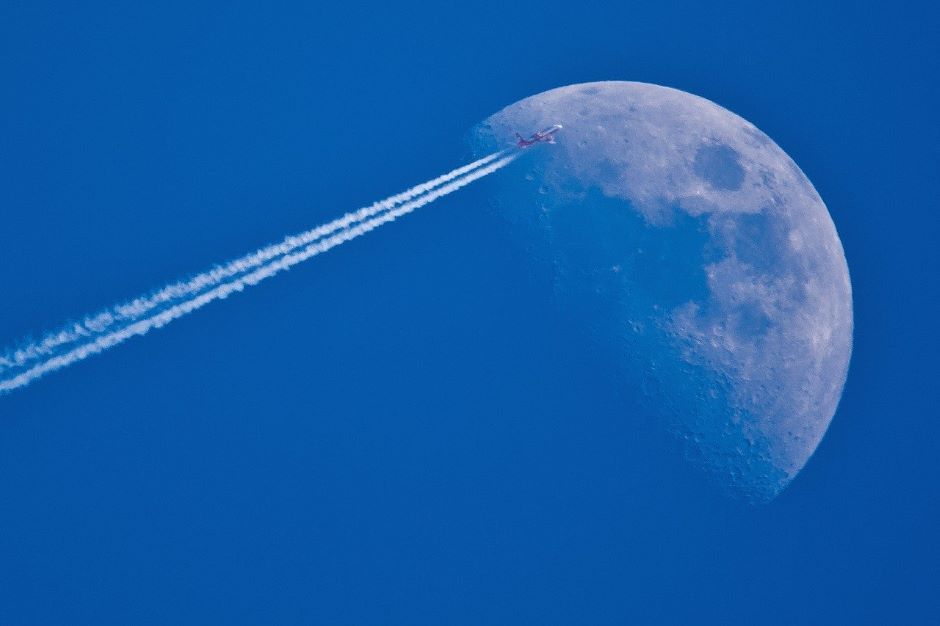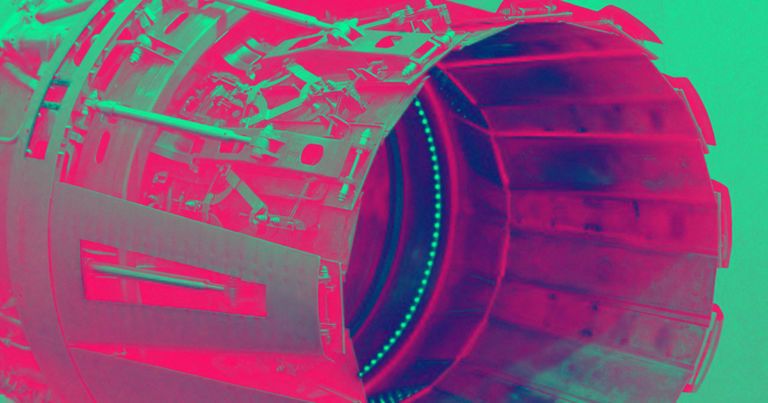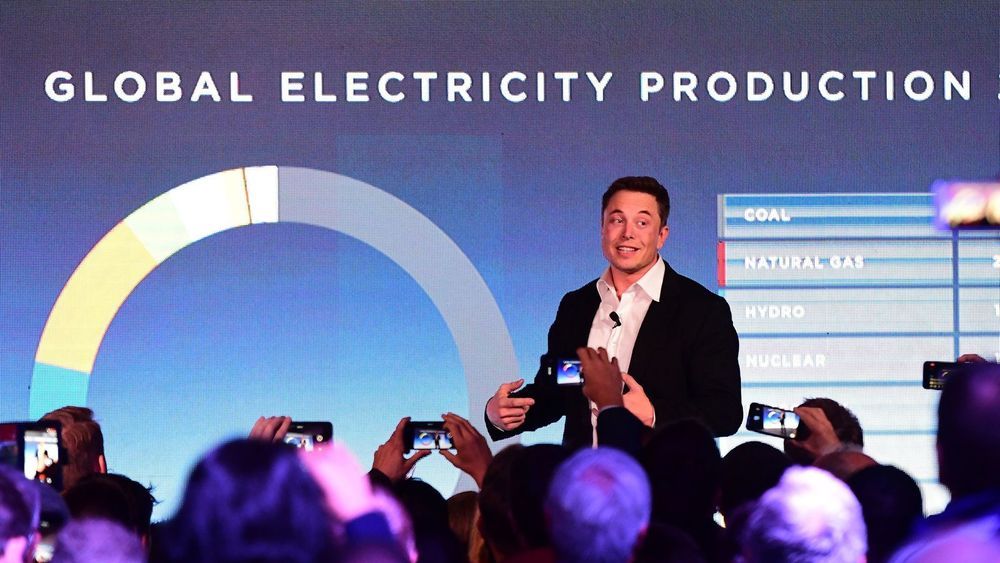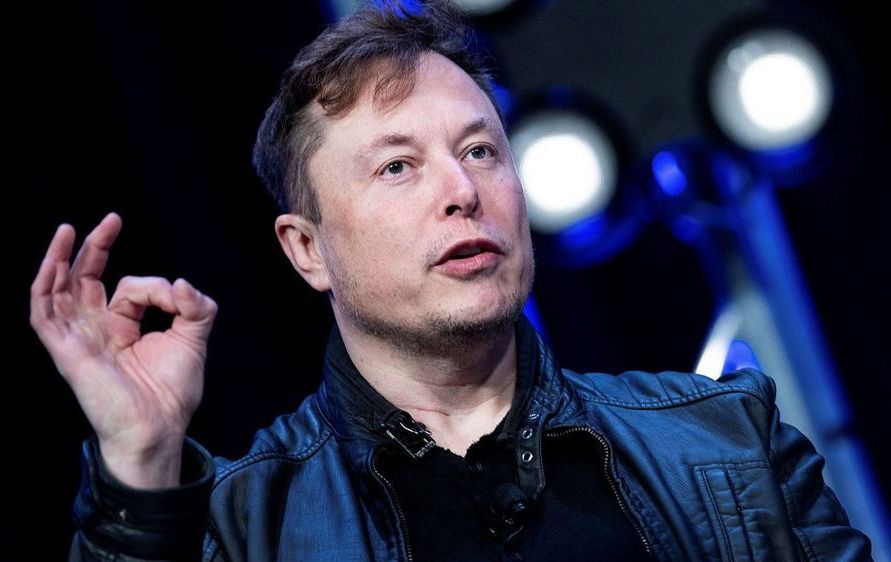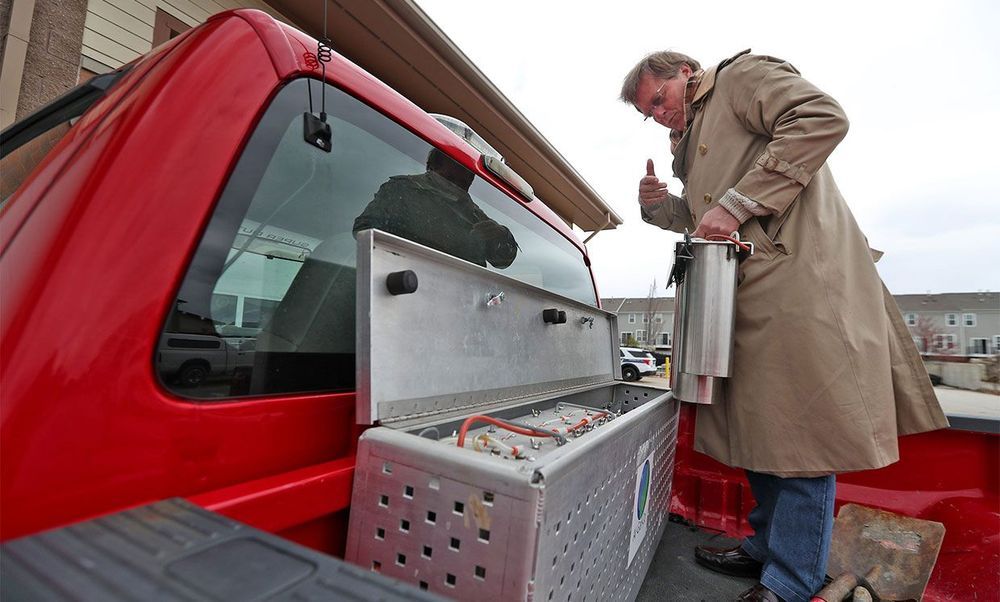A cherry-red pickup truck in Carmel, Indiana runs on hydrogen without carrying any fuel cells. The engineer who developed this “hydrogen-on-tap” system hopes it can someday power cargo trucks and cruise ships worldwide.
The city of Carmel, Ind., has trucks for plowing snow, salting streets, and carrying landscaping equipment. But one cherry-red pickup can do something no other vehicle can: produce its own hydrogen.
A 45-kilogram metal box sits in the bed of the work truck. When a driver starts the engine, the device automatically begins concocting the colorless, odorless gas, which feeds into the engine’s intake manifold. This prevents the truck from guzzling gasoline until the hydrogen supply runs out. The pickup has no fuel cell module, a standard component in most hydrogen vehicles. No high-pressure storage tanks or refueling pumps are needed, either.
Instead, the “hydrogen-on-tap” device contains six stainless steel canisters. Each contains a 113-gram button of an aluminum and gallium alloy. A small amount of water drips onto the buttons, causing a chemical reaction that splits the oxygen and hydrogen contained in the water. The hydrogen releases, and the rest turns into aluminum oxide, a waste product that can be recycled to create more buttons. Back in the garage, the driver can replace spent canisters with news ones to replenish the hydrogen supply.
